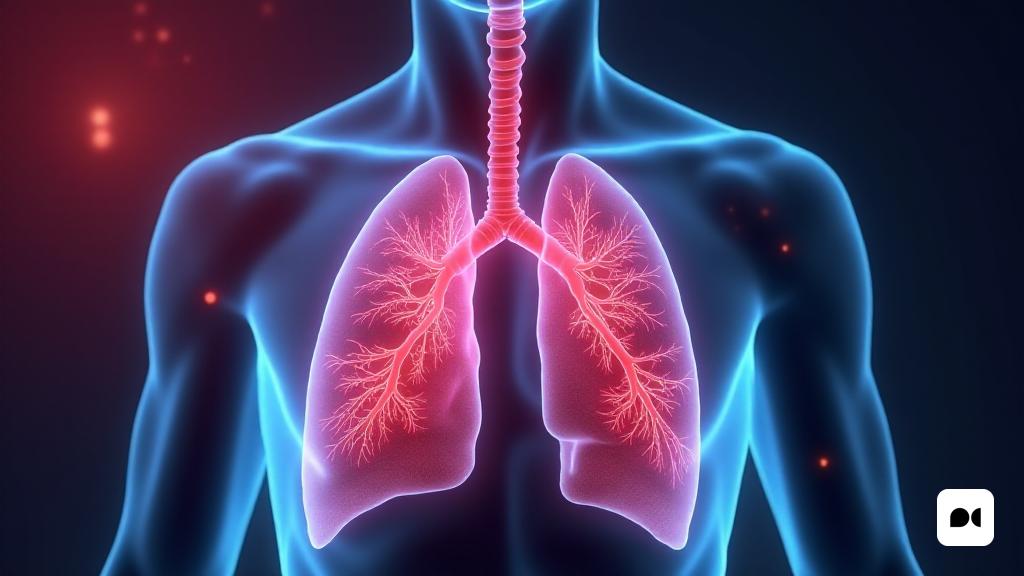A crucial breakthrough in the fight against cancer
The medical community is celebrating a significant milestone with the introduction of the first therapeutic vaccine targeting lung cancer, a disease that causes around 1.8 million deaths annually worldwide. This innovative treatment, which is already being administered in seven countries, including Spain, promises to offer new hope to thousands of patients.
Clinical trial details
The vaccine, known as BNT116, is based on messenger RNA technology, similar to that used in COVID-19 vaccines. So far, 130 patients have been selected to participate in the clinical trials, where they will receive both the vaccine and an immunotherapy treatment. It is important to note that this vaccine is not preventive; it is intended to treat those who already have lung cancer.
Mechanism of action of the vaccine
BNT116 works by stimulating the body’s immune response. Using messenger RNA, the vaccine instructs the body to identify and eliminate tumor cells, while preserving healthy cells. Unlike chemotherapy, which can also damage healthy cells, the vaccine focuses on fighting only the cancer, which minimizes adverse effects.
An international panorama
Clinical trials of BNT116 are taking place in several countries, including the United States, Germany, Poland and the United Kingdom. In Spain, cities such as Barcelona and Madrid have designated centres for the administration of this vaccine. The drug has been developed by BioNTech and is specifically aimed at non-small cell lung cancer, the most common form of the disease.
An inspiring case
In the UK, 67-year-old Janus has become the first patient to receive this vaccine. Diagnosed in May, Janus has battled cancer with chemotherapy and radiotherapy, but without success. Now, his hope is pinned on this new therapy. In a recent interview, he commented: ‘I feel great, so far it hasn’t hurt me. I hope this will not only help me, but others as well.’
Treatment process
Patients participating in the trial will receive a total of six injections over a period of one and a half months, with each injection designed to introduce a unique sequence of messenger RNA. Doses will then be administered every three weeks for a year. This method aims to get the immune system to recognise the antigen produced and activate its defence against the tumour.
Final thoughts
The arrival of BNT116 represents a hopeful step in oncology, offering an alternative for those facing lung cancer. As trials progress, the potential of this vaccine could radically change the approach to cancer treatment, shedding new light for patients and families affected by this devastating disease.

